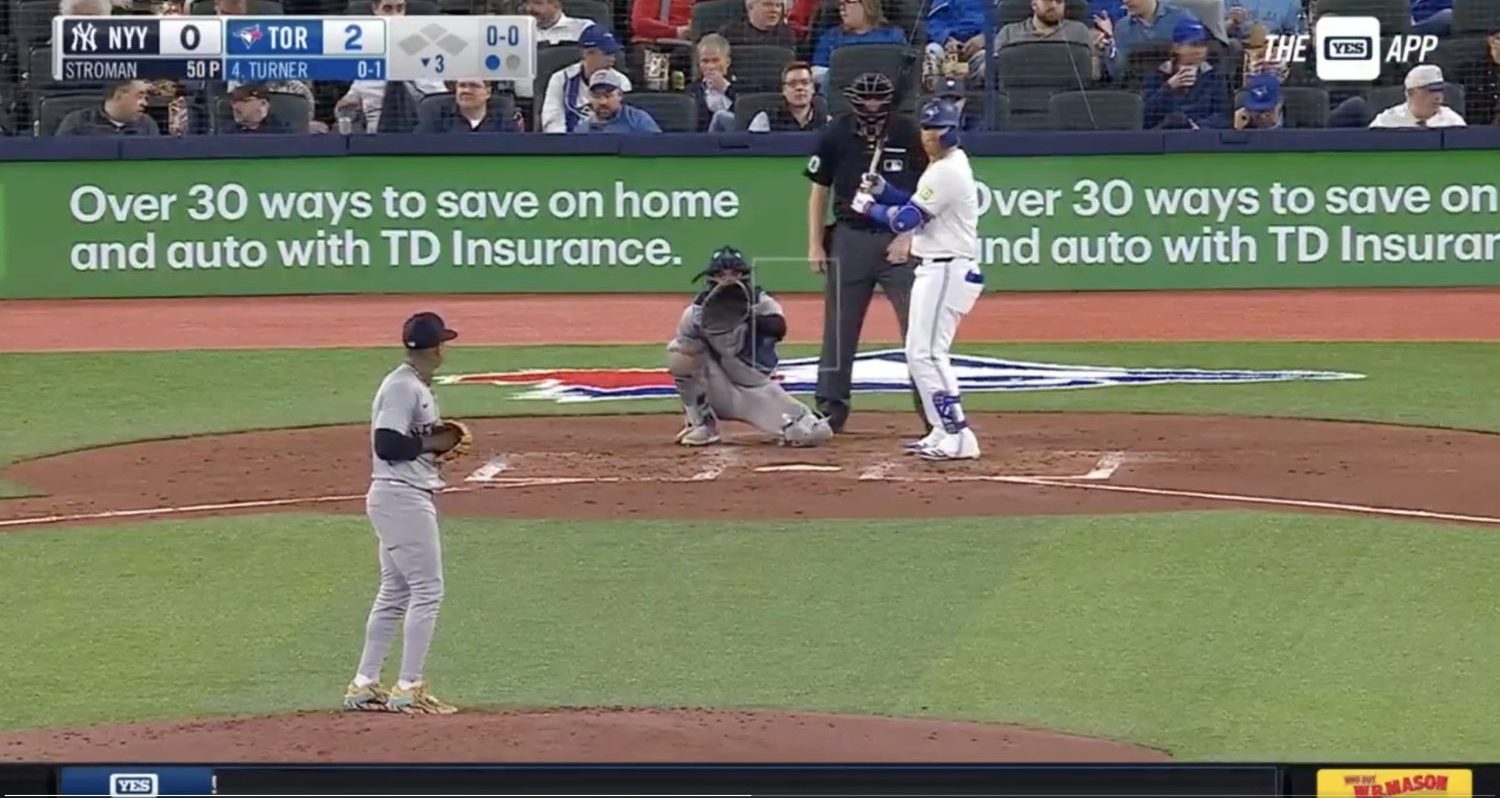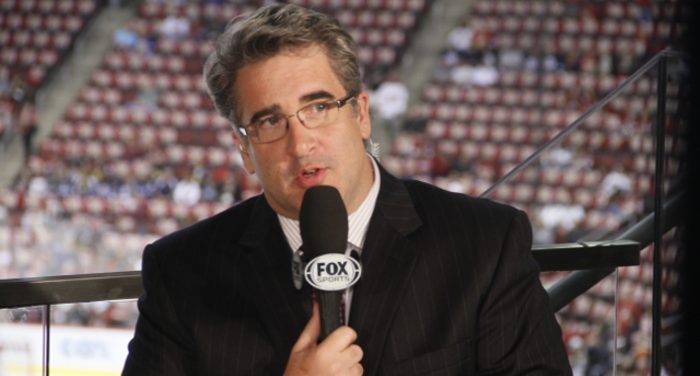Of course, Coyle expects that Stadium will wind up using their headquarters again at some point, but he said some of what they’ve learned from this remote work will carry over even once they’re back there.
“When companies go back to work, we’re going to go too. We have a state-of-the-art control room and other things that we want. But I really think there’s going to be a large part of this that carries through indefinitely. And you never know, something like this could happen again. So rather than put [this approach] on a shelf, we’ll try to keep it active and have it be a part of how we do this.”
As to when they’ll go back, Coyle said that’s going to depend on public health decisions and what their employees want to do, but he thinks their success at doing this remotely does give them some flexibility.
“I don’t know the answer yet. We made our decision (to shift to remote work) in the first place without the governor, because we were exempt, but we thought it was the right thing to do for our people. We would rather be a day early than a day late. Coming back, I think we’d rather be a day late than a day early, because we’ve got this running now, we’re pros at this. We don’t have to go back. We definitely will, and we’re anxious to, but I think we can do this for a sustained period. …It will be a combination of common sense, a real sense of our people’s mindset, and public health.”
Many sports media companies have resorted to layoffs and furloughs with declining ad revenues, but Coyle said those haven’t hit Stadium yet, and he’s optimistic they won’t.
“We are very fortunate we haven’t been impacted there. We were prepared for this. We’ve got all of our people and the proper workflow and they’re bringing value. …We haven’t been impacted by furloughs or layoffs yet, and we don’t have any plans to change that right now. I have to caveat that no one knows what’s going to happen in sports and society, so we’ll have to stay close to it and evaluate it as we go, but where we are now, our intentions are to work together.”
And it’s possible Stadium could wind up playing a larger role in RSN content in the future. Sinclair took a larger ownership stake in Stadium last fall, not long after their purchase of the former Fox RSNs. Stadium already has that aforementioned deal with Marquee, and from the outside, it’s possible to see them creating further content for those other RSNs, or to see existing Stadium content distributed across those RSNs. Coyle said Sinclair is still figuring out how to integrate the new RSNs, though, so he can’t comment on any specific plans there, but he did say that Stadium is open to further work with RSNs.
“They’re going through a really methodical integration process and they’re looking at the largest possible endgame. And I know that Stadium has rights and relationships and distribution responsibilities and production capabilities that are valued, and I think that we’ll come into play in the largest possible and highest-value way. So it’s really whenever and wherever to work with them, we’re ready to do it. And we’re excited about our relationship with Marquee, and I think that’s promising for more things to come.”
As for Stadium’s current setup, they seem to have adapted to the challenges of this pandemic quite well. And Coyle said the full Stadium team deserves credit for that.
“We’ve had an amazing HR person, an amazing head of engineering, our folks have been incredible. Our team has been amazing. And we’re really positive, really unified. They’re really scrappy figuring this out, and they’re doing great stuff to a person, diving in and staying calm. There hasn’t been any selfishness. It’s been something to watch…remotely.”






